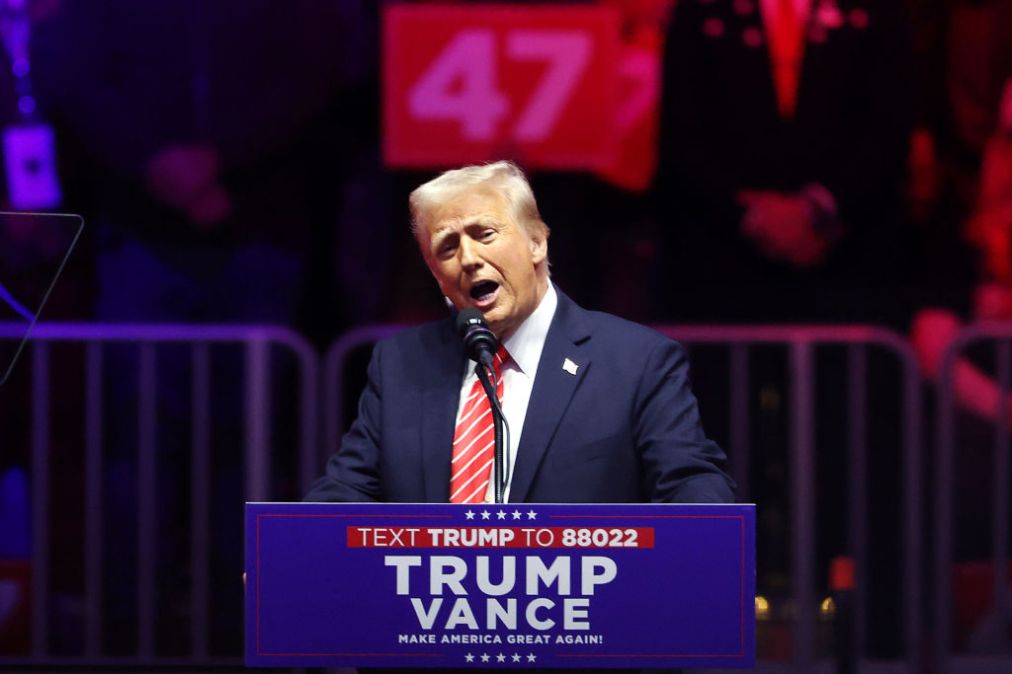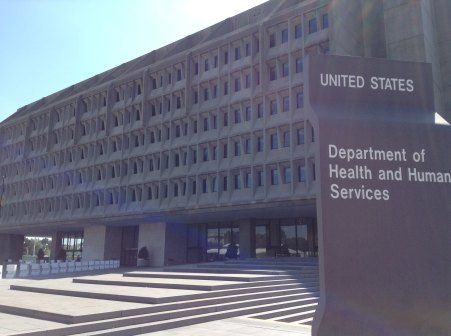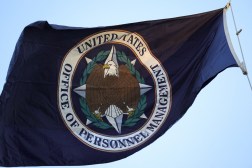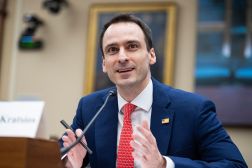Trump restores Schedule F via executive order

President Donald Trump announced the reinstallation of Schedule F on Monday, one of several executive actions taken in the hours after his inauguration.
Schedule F removes protections for significant portions of the federal workforce and turns certain civil servants into “at-will” employees. A 2020 executive order from Trump created Schedule F in the excepted service. President Joe Biden rescinded that action when he took office, but on the campaign trail in 2024, Trump promised to reissue the order to “remove rogue bureaucrats” and “wield that power aggressively.”
In April, OPM announced a final rule that looked to reinforce protections and merit system principles for career civil servants.
A Biden administration official within the Office of Personnel Management told FedScoop previously that Schedule F’s implementation would harm the government’s ability to recruit top talent for tech, IT, cyber and intelligence positions. “Attracting top talent, including the best tech talent, to serve the American people means respecting and protecting their expertise and service, not undermining it.”
They continued: “If [workers] believe they’ll be constrained from offering their honest, informed professional input, and that they or their colleagues could be removed following a presidential transition based on their personal beliefs and not on their performance, this will reduce their desire to work for the government.”
Some Republican lawmakers have expressed support for Schedule F through a legislative package known as the DOGE Acts, including one bill that would codify the Trump executive order while keeping typical federal employee protections for workers at agencies serving public safety and national security functions.
The Saving the Civil Service Act, reintroduced last week by a bipartisan, bicameral group of lawmakers, seeks to protect the federal workforce from “politicization and political manipulation.”
Rep. Gerry Connolly, D-Va., the House bill’s sponsor, said in a statement to FedScoop: “We need a professionalized workforce that serves the American public, not political cronies. Proposals like Schedule F make it harder to recruit and fill critical IT needs in our federal workforce, jeopardizing the very services we are trying to deliver to our constituents.”
Sen. Tim Kaine, D-Va., the lead sponsor of the original bill, said that Americans would be less likely to join the federal workforce “if they know they can be fired on a whim based on their politics — which is what Schedule F does.”
“If we want to ensure the federal government is hiring and retaining the best talent, including in areas relating to technology and cybersecurity, then we must strongly push back against any efforts to reinstate Schedule F,” Kaine said.
During a Senate Homeland Security and Governmental Affairs Committee meeting last week, lawmakers pressed Office of Management and Budget nominee Russell Vought on whether he’d discussed Schedule F with Trump. Vought largely dodged those questions, saying that he wouldn’t “speak to the conversations that I have with the president.”






